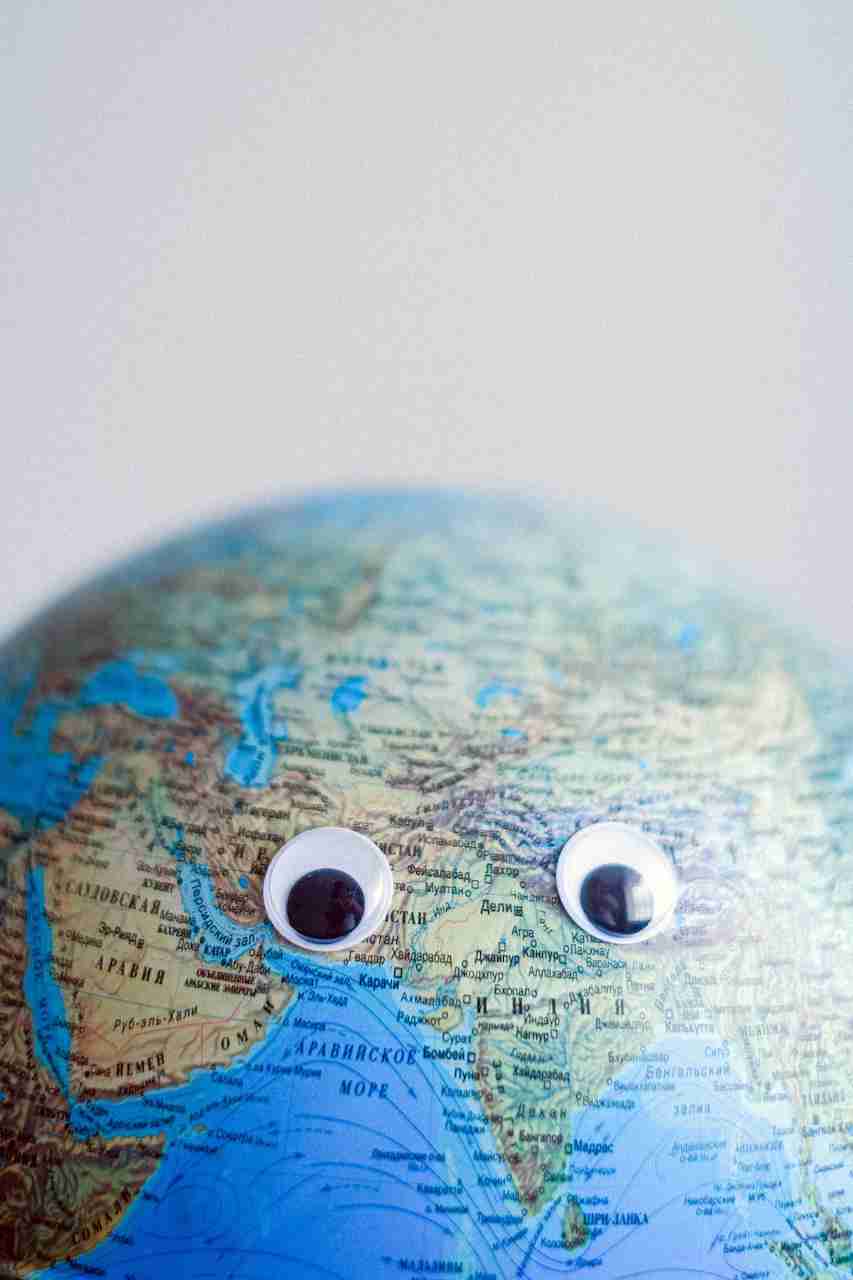
Embracing Change with a Critical Eye: Chinua Achebe's Wisdom for Navigating the Future
Change is like that uninvited guest who barges into our lives, societies, and the world at large when we least expect it. Nigerian literary legend Chinua Achebe captured this phenomenon perfectly when he said, "Change is the process by which the future invades our lives, and it is important to look at that future with a critical eye." These words are not only a reflection of Achebe's insightful perspective but also a timeless guide for individuals and societies as they navigate the ever-evolving landscape of the future So let's dive into what this means in our everyday lives, peppered with examples and a dash of research findings.
Chinua Achebe: A Literary Luminary and Social Critic
Chinua Achebe, celebrated for his groundbreaking novel "Things Fall Apart," was not merely a storyteller but a keen observer of the human condition. Through his works, he shed light on the complexities of African societies, the impact of colonialism, and the inevitable winds of change that swept across the continent.
Achebe's quote reminds us that change is not a passive phenomenon; it is an active, dynamic process that continually reshapes our lives and the world around us. To fully appreciate the wisdom in this statement, let's break it down into key components:
Change as a Dynamic Process
Picture this: You're in your sitting room watching the news, and suddenly, your smartphone chirps with a notification about a different type of news (good or bad). That's change, barging into your evening.
Achebe's "process" of change reminds us that change is not a one-time event but an ongoing, transformative process. It doesn't merely happen to us; it is a force that constantly molds our circumstances, challenges our beliefs, and reshapes our aspirations. Achebe's choice of the word "process" underscores the notion that change is continuous and, at times, unpredictable.
The Future's Invasion
Achebe's metaphor of the "future invading our lives" suggests that change often arrives unannounced, like an unstoppable force. It implies that change carries with it the potential for both opportunity and disruption. The future, as it arrives, brings new possibilities, technologies, and ideas, challenging our existing norms and systems.
Imagine you're hosting a party, and suddenly, a gang of lively, unpredictable guests shows up. That's the future, invading your life. The future doesn't send invitations; it just crashes the party, and we have to roll with it.
The Importance of a Critical Eye
Perhaps the most profound aspect of Achebe's quote lies in the call to examine the future with a "critical eye." This implies that we should not passively accept change but rather engage with it thoughtfully. When change happens, you need to put on your detective hat and ask questions. How is this change affecting me, my family, and my community? Is it for the better or worse? What can we learn from it? Achebe encourages us to evaluate the impact of change on our lives, communities, and societies.
Navigating Change with A Critical Eye
Research backs up Achebe's advice. Studies in psychology show that adapting to change is crucial for our mental well-being. When we embrace change with a positive attitude, we reduce stress and improve our resilience. In a rapidly evolving world, Achebe's wisdom serves as a guide for individuals and societies:
Embrace Adaptability
Recognise that change is inevitable and that adaptability is a valuable skill. Embracing change with an open mind allows us to seize new opportunities and navigate challenges effectively. Remember those torchlight phones from the early 2000s? Change transformed them into sleek, powerful devices. If you didn't adapt and get that smartphone, you'd be stuck in the past, missing out on countless conveniences.
Assess the Impact
When change occurs, take the time to evaluate its consequences. Ask critical questions about how it affects you and those around you. Consider the ethical and social implications of changes in technology, policy, or culture. We'll stick to the phone example: Before you get a new phone you have to take a look at your current one and see how far apart the one you want to buy is from it. If they're not so far apart, there's no need to change it.
Preserve Values
While change is constant, it doesn't mean abandoning core values and principles. A critical eye should discern which values should endure and which need to evolve in response to changing circumstances.
Empower Dialogue
Engage in meaningful dialogue with others about the changes happening in our world. Constructive conversations can lead to innovative solutions and a deeper understanding of complex issues.
Chinua Achebe's quote reminds us that change is not a passive force; it demands our attention, reflection, and action. By looking at the future with a critical eye, we become active participants in the ongoing process of change. We can harness its potential for the betterment of ourselves and society while safeguarding what is truly valuable. In this way, Achebe's wisdom continues to guide us on our journey through the ever-shifting landscape of the future.